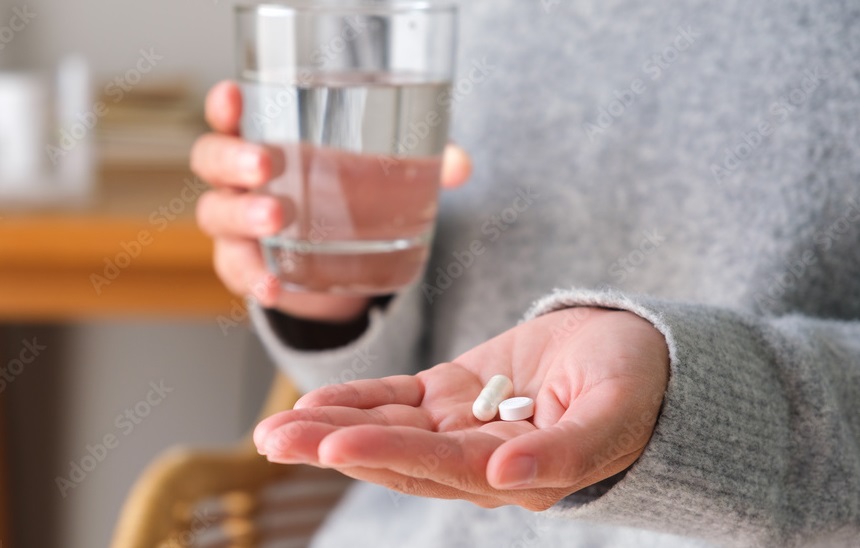When the quest for weight loss leads you down a road with quick fixes, diuretics might pop up as a tempting option. Before you take that leap, let’s break down what diuretics are, how they work, and why they might not be the best choice for your weight loss journey.
What are Diuretics?
Imagine diuretics as your body’s little helper that helps flush out extra salt and water, making you run to the bathroom more often. They’re usually prescribed for serious conditions like high blood pressure, heart failure, and kidney issues.
Diuretics and Weight Loss
The primary reason diuretics are sometimes used for weight loss is that they cause the body to shed excess water weight. However, this weight loss is usually temporary and doesn’t involve fat loss. Once you rehydrate or resume a normal diet, the lost weight can quickly return.
Pros of Using Diuretics for Weight Loss
- Quick Results: If you need to fit into that dress or suit for an event tomorrow, diuretics can give you a quick drop in weight. But remember, it’s not the kind of weight loss that sticks around.
- Temporary Relief: For those who feel puffed up and uncomfortable, diuretics might offer some temporary relief from that bloated feeling.
Cons of Using Diuretics for Weight Loss
- Short-Lived Results: The weight you lose is mostly just water, not fat. This means that once you start drinking fluids again or go back to your regular diet, the pounds might creep back.
- Dehydration Danger: Overusing diuretics can leave you feeling parched and dizzy. It’s like running a marathon without enough water—definitely not ideal.
- Electrolyte Imbalance: Diuretics can mess with your body’s natural balance of electrolytes, leading to potential issues like irregular heartbeats or muscle cramps.
- Not a Fat Solution: They don’t target fat loss, which is the key to long-term weight management.
Alternatives to Diuretics for Weight Loss
Instead of reaching for that quick-fix pill, consider these more sustainable methods:
- Balanced Diet: A diet filled with fruits, veggies, and lean proteins will support gradual and healthy weight loss.
- Regular Exercise: Regular exercise, from walking to weightlifting, helps you burn fat and build muscle, which is great for long-term health.
- Hydration: Drinking enough water keeps your body functioning well and supports weight loss.
- Consult a Healthcare Professional: If you’re unsure about weight loss or dealing with water retention, chatting with a doctor or dietitian can help you find the best and safest approach.
Conclusion:
While diuretics might offer a quick drop in weight, they’re not a sustainable solution for losing those extra pounds. Instead, focus on balanced eating, regular exercise, and proper hydration. Think of your weight loss journey as a marathon, not a sprint—sustainable habits will get you to the finish line with healthier results. Always consult a healthcare professional before trying new medications or drastic changes to your routine to ensure you’re making the best choices for your health.
Also Read:
